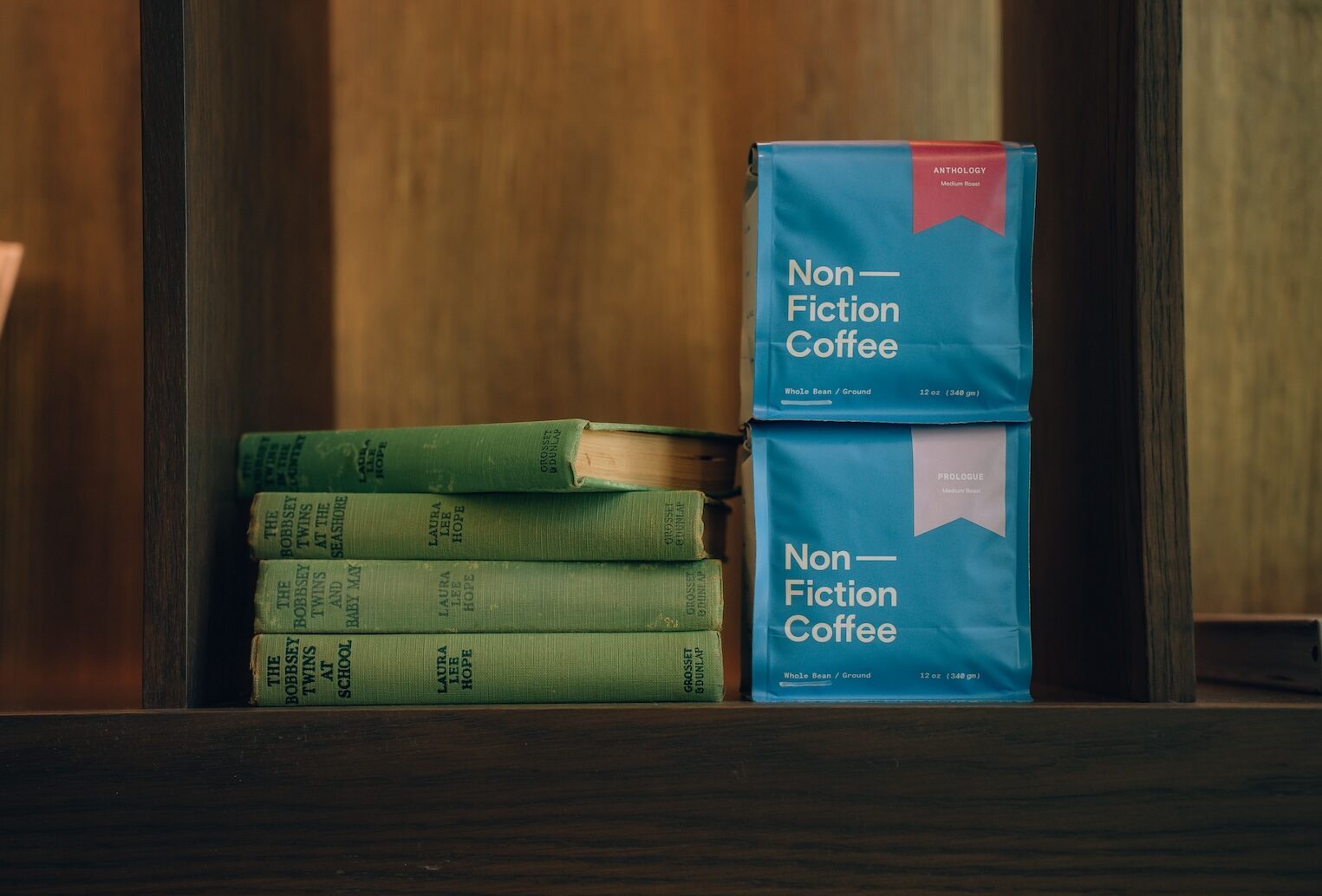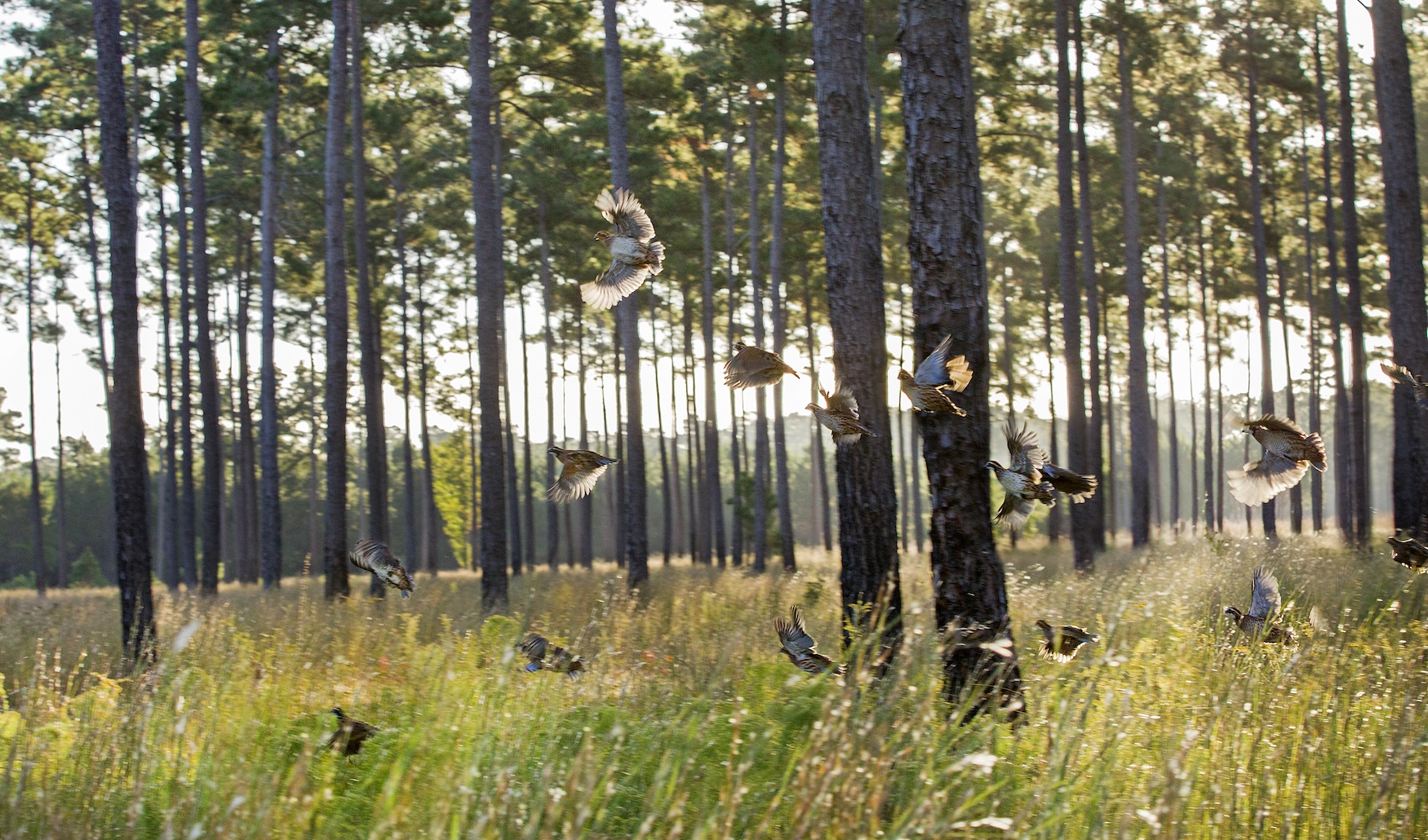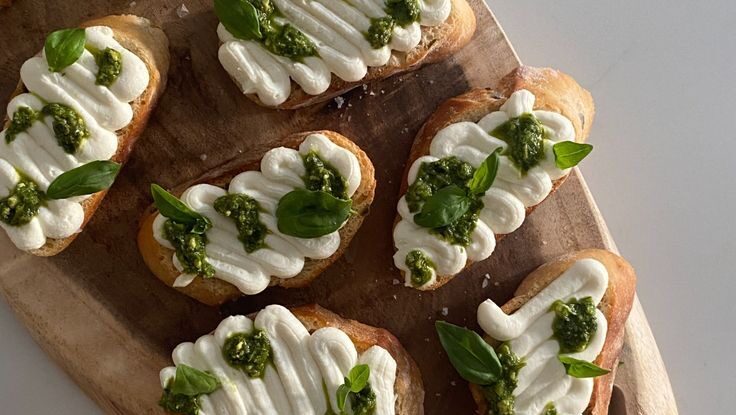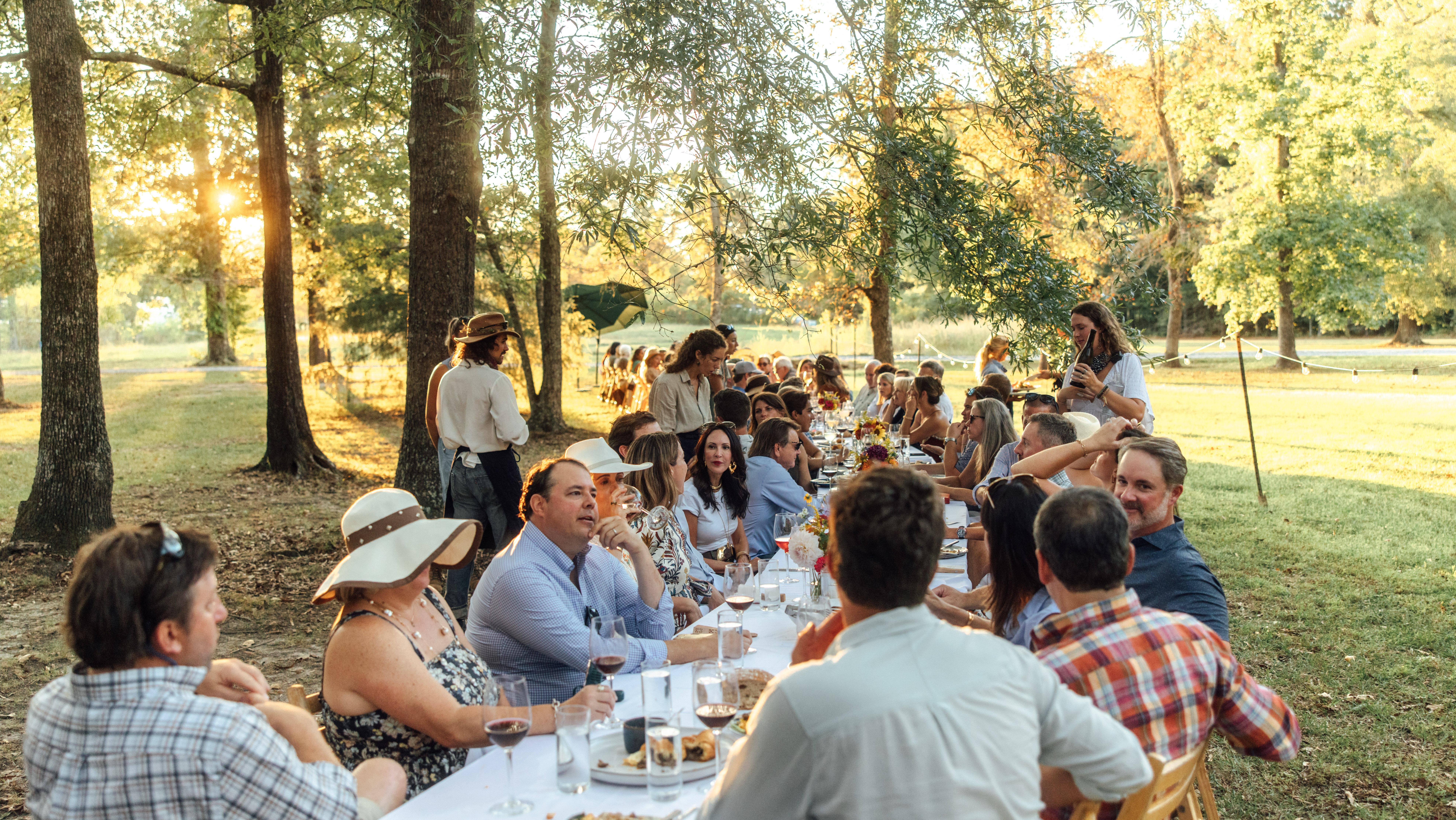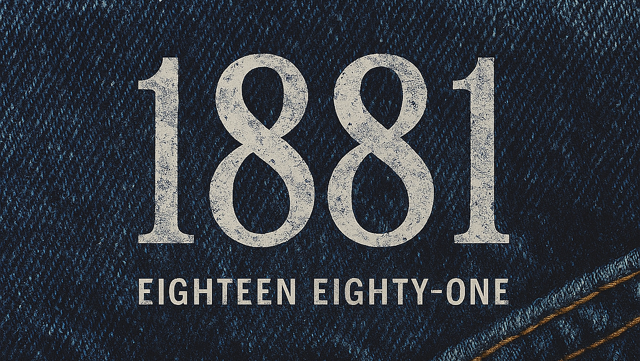Non-Fiction Coffee believes in shining a spotlight on the farmers who grow the beans it roasts. Many high-end roasters go beyond the standard dark-versus-medium designation on their packaging, listing details about the country, region, elevation where the beans grew, and how they were processed. If it’s a special coffee from a single source, the label includes the name of the farm.
But more than a half-dozen of Non-Fiction’s coffees also name the farmer, like Javier Didier Pajoy and his family, who grow in the La Plata zone of Huila, Colombia.
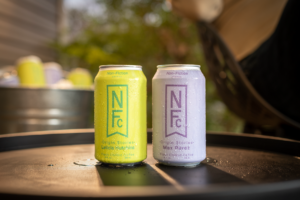
(The Library Of/Contributed)
Growers’ names also are prominent on the pastel-hued cans in Non-Fiction’s new line of flash-chilled single-source canned coffees, called Origin Stories. Lavender cans contain coffee from Max Perez of Finca La Hermosa at Huehuetenango, Guatemala. Lemony-hued cans pay tribute to Leticia Hutchins’ honey-processed coffee from Honduras. Labels on bags of Non-Fiction’s beans are similarly color-coded.
Non-Fiction has built connections with these farmers, several of whom have supplied the roastery with their beans after multiple harvests. The roastery calls it “relational sourcing.”
“When people buy Non-Fiction Coffee they will know it is sourced in a way that dignifies coffee growers and honors them as the true heroes,” Jeff Daniels, the company’s sales manager, says during a recent tour. “Our goal in roasting is to preserve the hard work that was done during the harvesting and the processing.”
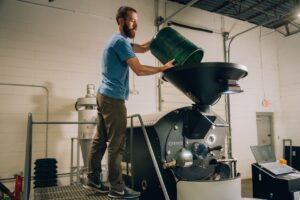
(The Library Of/Contributed)
Founded by Lisa and Mike Herron in 2016, the wholesale and online retail specialty company has operated from its current warehouse in Pelham since 2019. Local coffee fans might remember Non-Fiction’s head roaster, Luke Sides, from his time preparing beans at Octane Coffee when it was open.
Sides processes up to 50 pounds of green beans at a time in the main gas-fired roaster. Specialty coffees, like Non-Fiction’s ultra-premium Geisha line, are finished in a smaller roaster in batches closer to six pounds.
Beans for Non-Fiction’s blends also are meticulously sourced, sometimes grown organically or using premium picks from select farms. Befitting the brand, names for the blends follow a literary theme: Classic, First Edition, Prologue, Anthology, Archive, and Narrative.
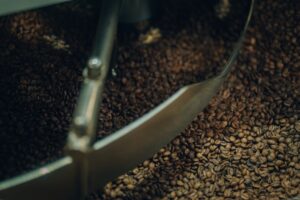
(The Library Of/Contributed)
The line of Origin Stories canned coffees, which are contract-made in Nashville, Tennessee, also are brewed with single-source beans from the grower listed on the label.
Instead of the modern cold-brew method, ground beans for the canned coffee are infused with hot water and then flash-chilled before packaging. The hot water pulls the desired nuances from the beans, Daniels says.
“To get certain flavor profiles, you need that 205-degree hot water to bring out some of the acidity and complexity,” he says. “Flash-chilled is a trend that is picking speed in the coffee industry.”
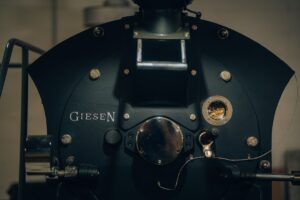
(The Library Of/Contributed)
Other recent changes to Non-Fiction’s table of contents include:
Bookmark
The updated flagship espresso blend features beans from Brazil, Guatemala, and Honduras. Roasted light-medium, it offers flavors of candied pecan, red apple, and maple syrup at $16 per 12-ounce bag.
Archive
A new medium-dark blend, espresso-roasted beans also showcase the qualities of the single-estate coffees from Guatemala (by Max Perez) and Brazil (by Inacio Urban). Tasting notes include semi-sweet chocolate, brown sugar, hazelnut, and toasted marshmallow at $16 per 12-ounce bag.
Yellow Bourbon
This varietal is known for its sweetness and brightness. Grown in Brazil by Guiherrme Martini, the cherries are naturally processed. It receives a light roast in Pelham. The brew is described as clean and syrupy, with flavors of stone fruit and raisin at $18 per 12-ounce bag.
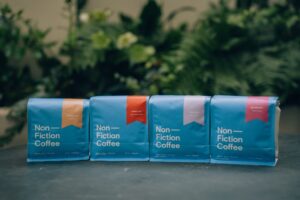
(The Library Of/Contributed)
Non-Fiction does not have a café where its roasted beans can be purchased. Bags of its beans and the Origin Story cans are sold at metro Birmingham Piggly Wiggly stores (Bluff Park, Homewood, Clairmont, Crestline, River Run, and Mount Laurel).
Birmingham restaurants Helen and The Anvil Pub serve fresh-brewed and canned Non-Fiction coffees. It’s also the house coffee at Church Steet Coffee and Books in Mountain Brook’s Crestline Village, The Valley Hotel and Ironwood Kitchen in Homewood, and Son’s Doughnuts and Pops. A new café coming to Five Points South, Bandido Coffee, also will source from Non-Fiction.
Outside Birmingham, Non-Fiction coffees are served at Parma’s Coffee House in Cullman and L’Etoile Patisserie in Huntsville. Shipping and coffee subscriptions are available nationwide via the roastery’s website.
Although it aspires to expand its regional distribution, Non-Fiction is “Birmingham to our bones,” Daniels says.
“We couldn’t accomplish that regional growth without our local backbone,” he says. “We’re really proud to be part of a community that is so rich in food and hospitality. It’s got a historically great coffee scene and we’re really proud to be part of it.”
